Mass Exodus Follows Abductions In A North-central Nigeria Community
After several persons were seized by terrorists, Lafiyan Zago in Lapai area of Niger State looks like a ghost town.
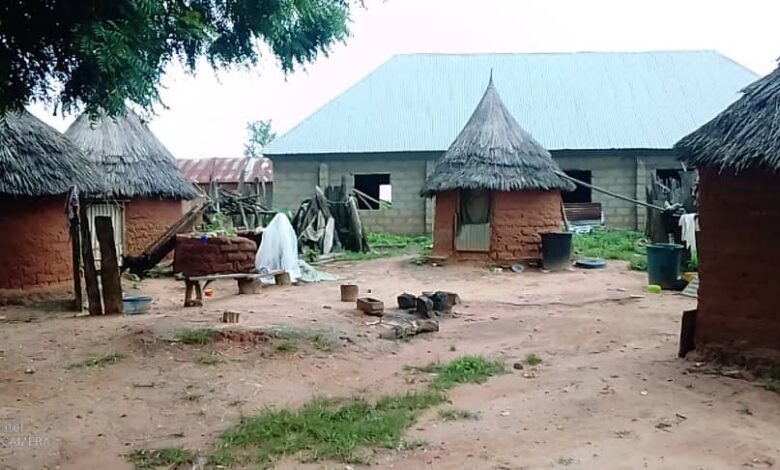
Some of them have lived here all their lives, but everything changed since the kidnapping incident.
“The bandits were shouting my name, village head’s name, and our pastor. They said they will kill us if we don’t come out,” said John Kena.
Kena, 52, was inside his mud house at Lafiyan Zago in Lapai Local Government Area (LGA) of Niger State, North-central Nigeria, when heavily armed men invaded the village.
“When I heard the gunshots, I knew they weren’t good visitors,” he says. “I opened the back window, jumped out of my room, and tiptoed into the nearby bush.”
That was how Kena, who is the Sarkin Noma (head of farmers) escaped the first terror attack on the village on Sept. 13, 2022.
But the village head, Stephen Sarki, his daughter Tamba Sarki, Yohanna Lucas, and Regina Monday were not as lucky. They were caught inside their homes and taken away by the terrorists. “Now they ask us to pay one million naira for each person before they will release them. We are peasant farmers; these people can’t get anything from us.”
But while the locals were yet to recover from the shock and tried hard to meet up with the ransom, the terrorists launched a second attack.
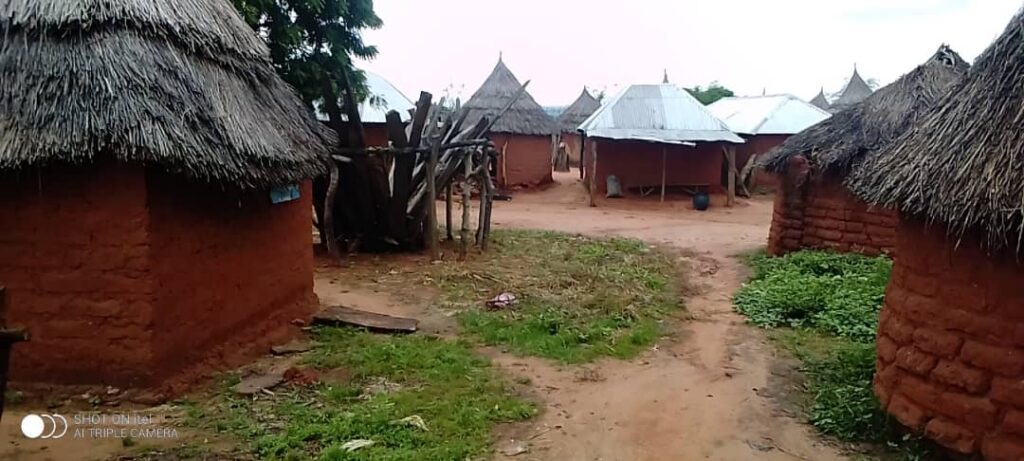
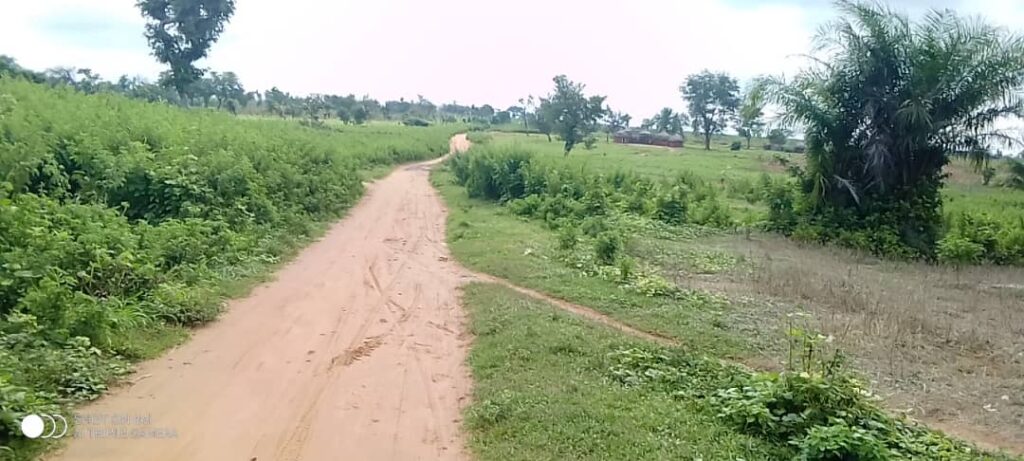
Terror hotbed
Niger State has since become a terror hotbed like the northwestern states of Kaduna and Zamfara, as terrorists reportedly joined forces with Jihadists, most likely Boko Haram. Many people have been killed, with others raped or kidnapped for ransom.
Lafiyan Zago is a border community between Abaji in the Federal Capital Territory (FCT) and Lapai LGA in Niger State. According to a recent HumAngle report, terrorists now occupy the forest between the two areas, as they move southwards.
The residents, according to elders of the community, who are mainly farmers, had migrated to the area about 30 years ago from Bogoro and Tafawa Balewa LGAs of Bauchi State in Northeast Nigeria. They mostly cultivate crops such as maize, guinea corn, millet, groundnuts, yam and rice.
“We were just a few people that first migrated to the place, but our population has now grown to like two thousand people,” Madaki Ibrahim, one of the early settlers explains. “We were given the land by the people of Ebbo, who are the original owners of the area. And we have been living harmoniously with them. For the 30 years we have lived there, we have not experienced this kind of attack, though we hear it from people.”
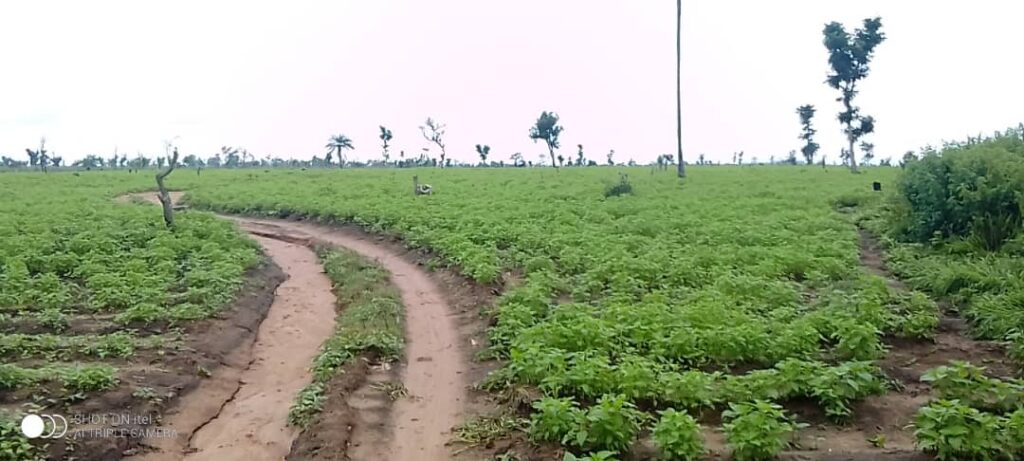
Then things changed
After the first incident, the village elders directed that nobody should sleep in the village for a while, but some people defied the order.
“We left the village and went inside the bush, towards a community called Ebbo,’ Ibrahim continues. “By 5 p.m. each day we will come back to the village and take some things we need and return to the bush. After two days some people said the terrorists will not come back again, so they decided to go back and sleep in the village.”
However, at about 11 p.m. on Sept. 15, terrorists stormed the village for the second time.
“It was raining heavily, but from our hiding place we saw them moving in large numbers on motorcycles towards our village,” Kena recalls. But there was no way they could alert those who chose to sleep in the village due to lack of telecommunication network in the area.
“That night the bandits kidnapped all nine people that went back. Among them was a disabled person whom the terrorists later abandoned in the bush. They said he was wasting their time.”
That was not all.
The terrorists were angry when they discovered the community was mostly empty. This was when they began to cart away valuables, including foodstuffs, clothes, farming tools, and animals.
“Other things they couldn’t take with them, like cooking pots, buckets, and water containers, were destroyed,” Kena says.
On that same day, HumAngle learned that the terrorists also attacked Kumuku, another settlement, where they kidnapped four people including the village head, and Ebbo community where they killed a member of a vigilante group and kidnapped five other persons.
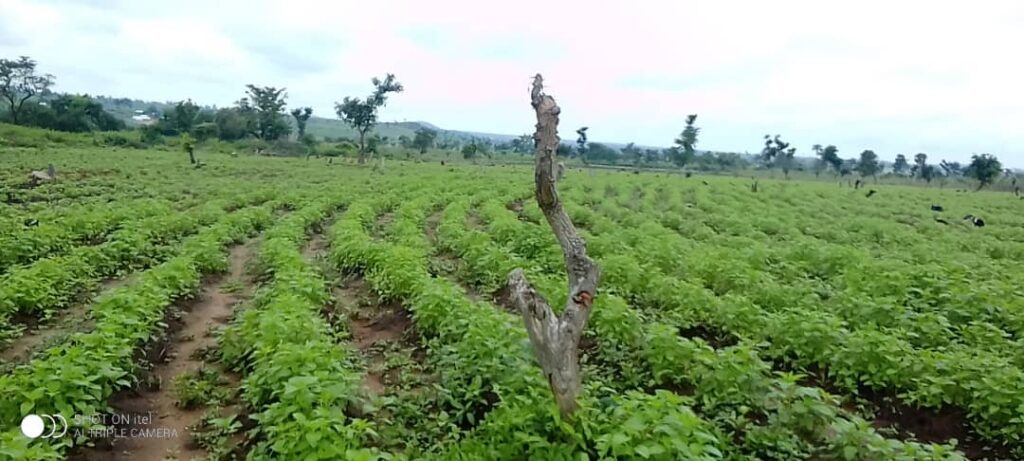
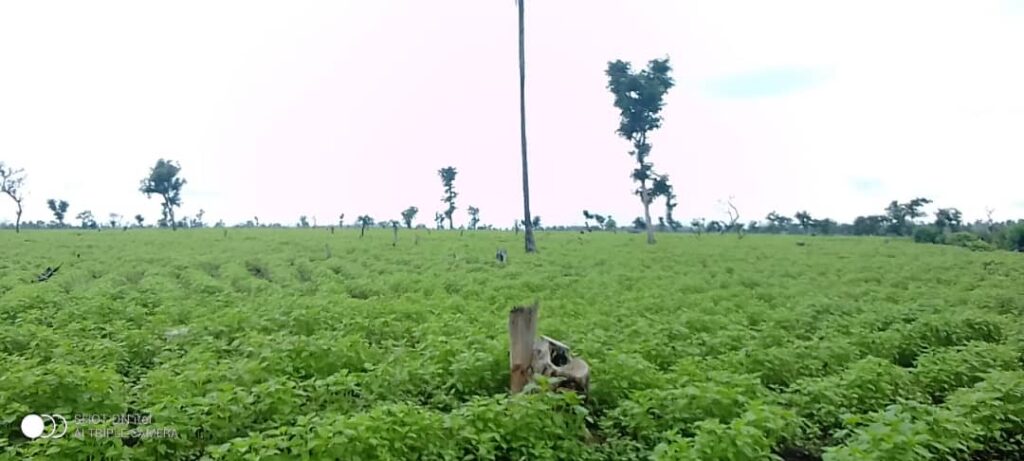
No action
A day after the second attack, elders of Lafiyan Zago together with the village head of Ebbo reported the incidents to the Hakimi (district head) in charge of the area at the Lapai Emirate Council. The Hakimi, in turn, promised to report the matter to the police.
The Niger State Police Public Relations Officer, DSP Wasiu Abiodun, confirmed the attacks, but refused to give details. He simply said a police tactical team had been deployed to the area.
But Kena says no action has been taken up till the time this report was filed, as they have not seen any security personnel around their community.
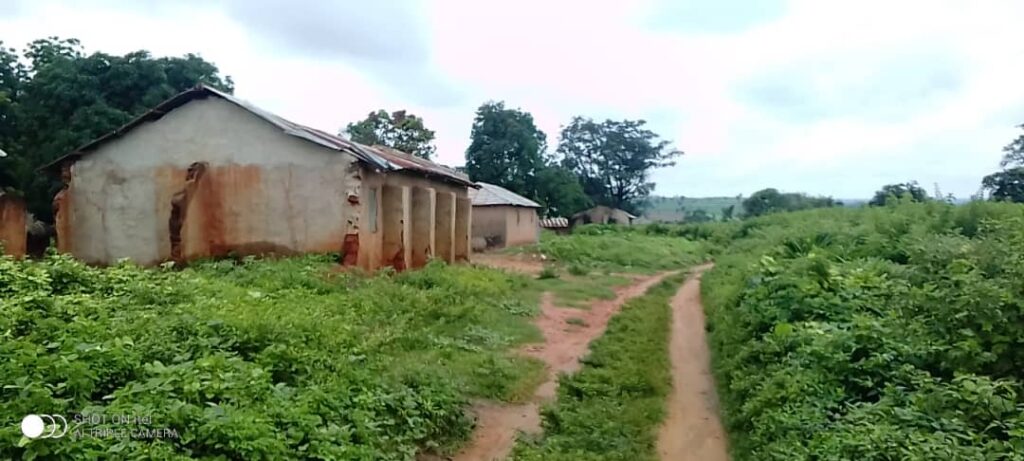
An empty village
After the second attack, the village became deserted. Residents left behind both their homes and farms. Today, only a few animals that the terrorists could not snatch off roam the village.
“I have started harvesting my maize, but I will rather leave it than allow myself to be kidnapped,” Kena says. “Nobody is in the village now, everybody is afraid to step on the road to the village.
“I escaped leaving everything I have behind. I am head of farmers, but as I am speaking with you even one naira I don’t have. We have become beggars in the neighbouring villages. We don’t have anything,” he said when HumAngle reached him on the phone.
On why the elders were the main target of the terrorists, he says: “I don’t know, I have never seen these type of people before in my entire life.”
But a security analyst, Abdul Mohammed, told HumAngle that seizing leaders of a community is one of the modus operandi of terrorists. He added that by first seizing the community leaders, residents would be forced to quickly pay ransom.
“In many communities the community leaders are the richest people,” he says. “They are also the people who have information about everybody and everything in the community, hence terrorists will extract any information they want from them.”
However, some locals of Lafiyan Zago are still willing to go back to their village if the government would provide adequate security for at least three months, during which they could harvest all their farm produce.
“But without the presence of security personnel around the village, we can’t go back,” Kena says. “And if they don’t want us to stay there again we will go back to where we came from.”
Support Our Journalism
There are millions of ordinary people affected by conflict in Africa whose stories are missing in the mainstream media. HumAngle is determined to tell those challenging and under-reported stories, hoping that the people impacted by these conflicts will find the safety and security they deserve.
To ensure that we continue to provide public service coverage, we have a small favour to ask you. We want you to be part of our journalistic endeavour by contributing a token to us.
Your donation will further promote a robust, free, and independent media.
Donate HereStay Closer To The Stories That Matter




